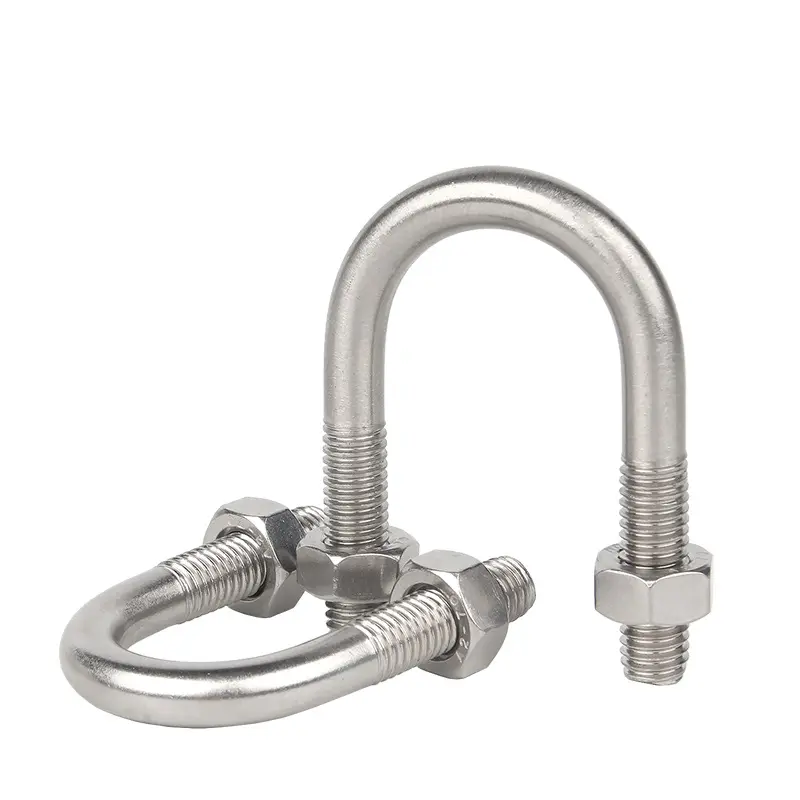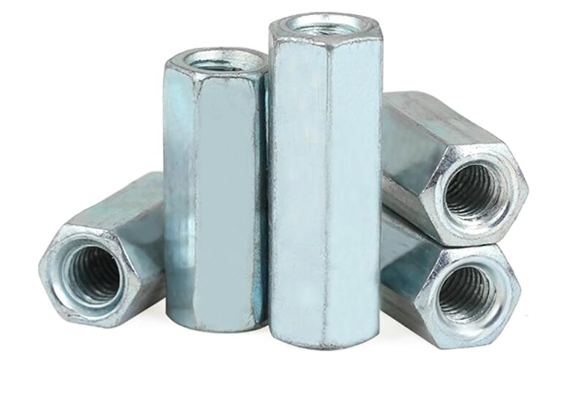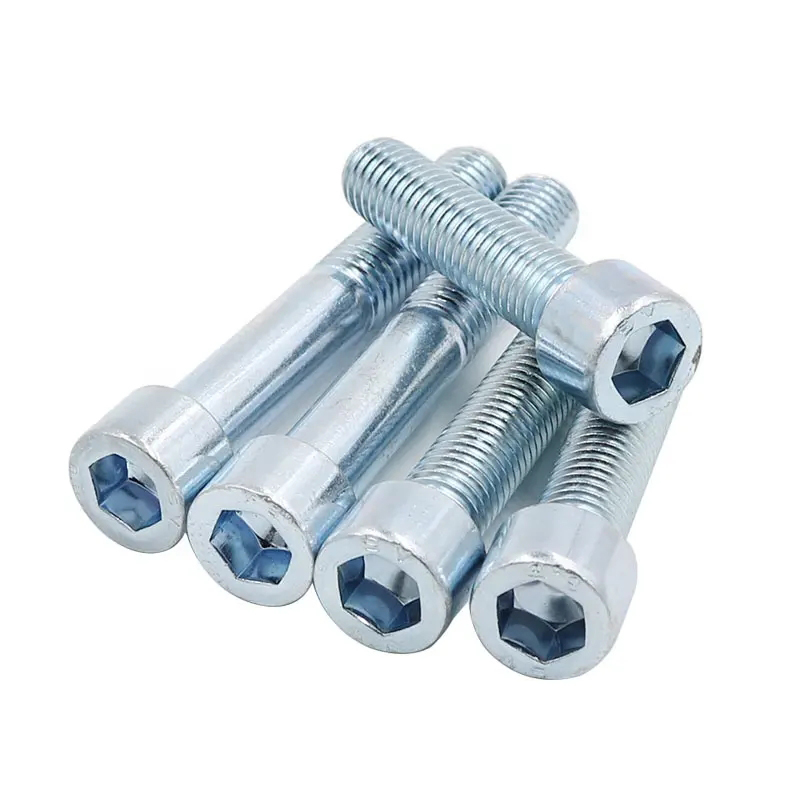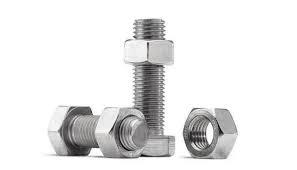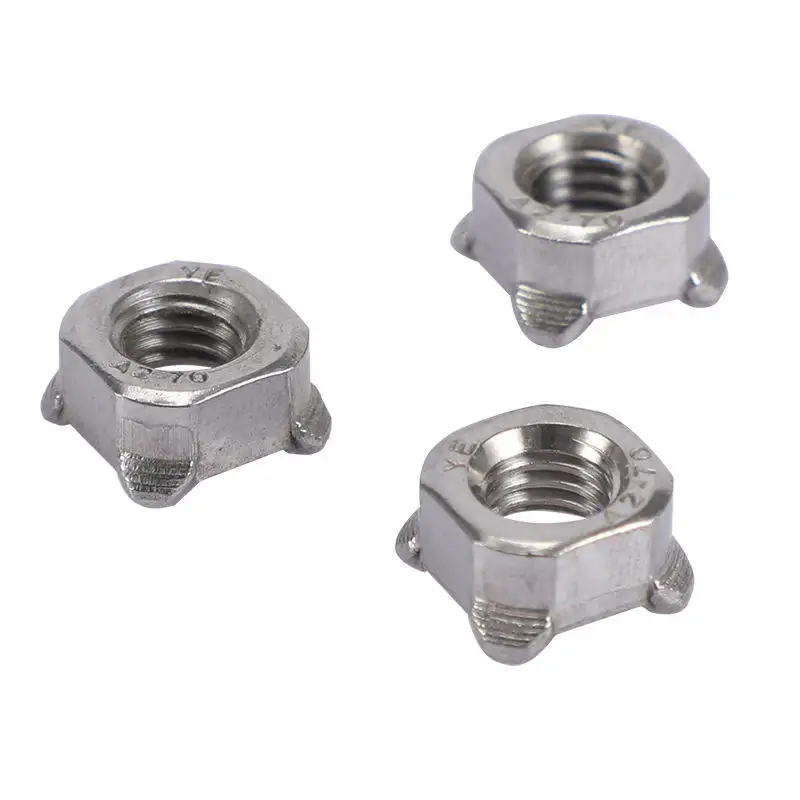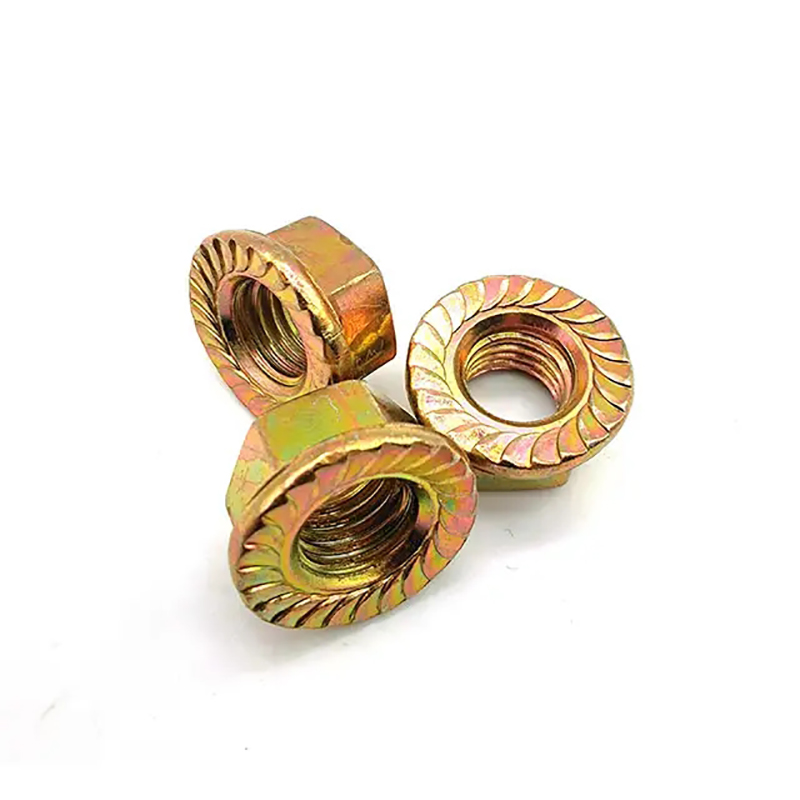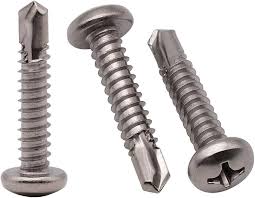

This comprehensive guide explores the world of galvanized lead screws, covering their properties, applications, selection criteria, and considerations for optimal performance. We delve into the specifics of galvanization, material choices, and common uses, ensuring you have the knowledge to make informed decisions for your projects. Learn how to choose the perfect galvanized lead screw for your needs.
A galvanized lead screw is a type of screw with a helical thread designed to translate rotational motion into linear motion. The lead refers to the distance the screw advances with each complete rotation. Galvanized indicates that the screw has undergone a process of galvanization, a method of coating the metal (typically steel) with zinc to protect it from corrosion. This protection is crucial in environments exposed to moisture, chemicals, or harsh weather conditions. The zinc coating offers superior resistance to rust and extends the lifespan of the galvanized lead screw significantly.
Galvanized lead screws are commonly made from various steel alloys, each offering unique properties. The choice of material depends on the intended application and required strength and durability. Factors like tensile strength, yield strength, and hardness are key considerations. While many manufacturers use standard steel alloys, some may offer specialized options for specific applications. To find the right steel type for your project, consult with a supplier such as Hebei Dewell Metal Products Co., LTD. They can guide you on the best material for your needs.
Different thread profiles exist for galvanized lead screws, each influencing the screw's strength, efficiency, and load-bearing capacity. Common profiles include Acme, trapezoidal, and square threads. Acme threads offer a good balance of strength and efficiency, while trapezoidal threads are suitable for higher loads. Square threads provide the highest efficiency but are more challenging to manufacture.
Galvanized lead screws find widespread use across various industries. Their corrosion resistance makes them ideal for outdoor applications or environments with high humidity. Some common applications include:
Choosing the appropriate galvanized lead screw involves considering several factors:
The galvanization process involves coating the steel with zinc, typically through hot-dip galvanizing or electroplating. Hot-dip galvanizing provides a thicker, more durable coating, while electroplating offers a smoother finish. Both methods significantly enhance the screw's corrosion resistance, making galvanized lead screws suitable for harsh environments.
Proper lubrication is crucial for extending the lifespan of your galvanized lead screw. Regular lubrication reduces friction, wear, and tear, ensuring smooth operation and preventing premature failure. The type of lubricant should be chosen based on the operating environment and load conditions. Always consult with a specialist for advice tailored to your specific situation. Choosing high-quality galvanized lead screws from reputable suppliers like Hebei Dewell Metal Products Co., LTD also contributes to their longevity.
| Material | Tensile Strength (MPa) | Yield Strength (MPa) | Corrosion Resistance |
|---|---|---|---|
| Low Carbon Steel | 350-450 | 200-300 | Good (with galvanization) |
| Medium Carbon Steel | 500-650 | 350-450 | Good (with galvanization) |
| Stainless Steel | 500-1000+ | 250-700+ | Excellent (no galvanization typically needed) |
Note: These are approximate values and can vary depending on the specific alloy and manufacturing process. Consult material datasheets for precise values.
This information is for general guidance only. Always consult with a qualified engineer or supplier for specific applications and requirements. For high-quality galvanized lead screws and expert advice, contact Hebei Dewell Metal Products Co., LTD.

